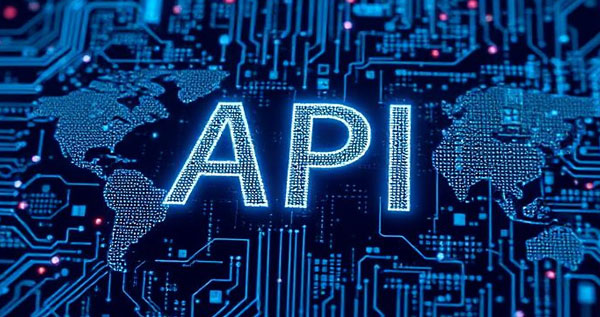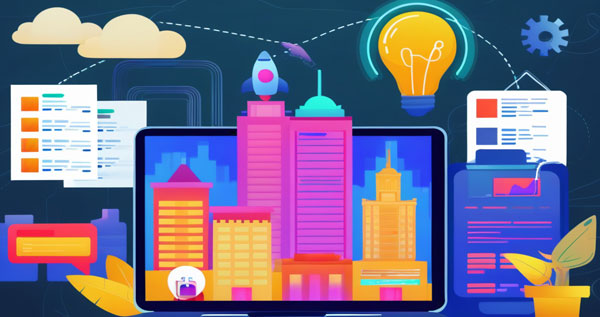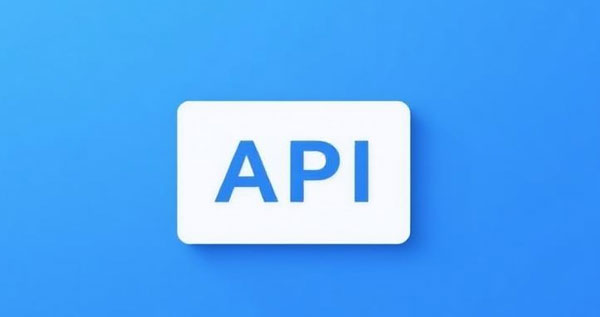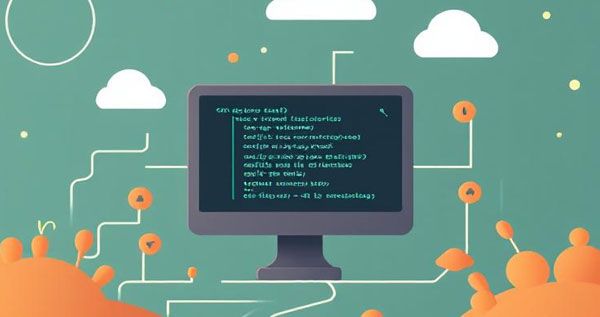In-Depth Guide to WhatsApp Business API: From Core Concepts to Number Validation in Practice
I. Introduction
1. New Communication Trends
In the era of mobile internet, users increasingly demand instant and convenient communication. While SMS and email still exist, their high cost, low delivery rates, and poor interactivity make them inadequate for the frequent and multi-dimensional communication required between businesses and users today. In contrast, WhatsApp, with over 2 billion users worldwide, offers a low barrier to entry and rich multimedia and interactive capabilities—making it the preferred enterprise communication channel.
2. Why Choose WhatsApp for Enterprise Communication
The WhatsApp Business API is specifically optimized for enterprise use cases. It supports automated messaging and seamless integration with CRM and customer service systems. It offers reliable message delivery tracking and status callbacks, enabling businesses to monitor the entire message lifecycle. Additionally, WhatsApp’s strong encryption and privacy mechanisms ensure secure communication between businesses and users.
II. Overview of WhatsApp’s Product Line
1. WhatsApp Messenger vs. WhatsApp Business App vs. WhatsApp Business API
WhatsApp Messenger: For personal users, focused on one-on-one or group chats.
WhatsApp Business App: For small businesses, provides basic tools like auto-replies, quick replies, and labels—easy to use but limited in features.
WhatsApp Business API: Designed for medium to large enterprises and platform-level applications, supporting large-scale message delivery, message templates, Webhooks, and rich interactive components (buttons, lists).
2. Cloud API vs. On‑Premises API
Feature | Cloud API | On‑Premises API |
|---|---|---|
Deployment & Maintenance | Hosted by Meta (Facebook) Cloud | Self-hosted, requires internal maintenance |
Setup Speed | Minutes | Requires installation and configuration |
Scalability | Auto-scaling | Manual capacity planning needed |
Data Control | Stored in Meta's data centers | Fully controlled by the enterprise |
III. Core Concepts of WhatsApp Business API
1. WhatsApp Business Account (WABA)
WABA is a prerequisite for using the Business API. It must be applied for and approved via Facebook Business Manager. A WABA represents a business entity and can be linked with multiple phone numbers for sending and receiving messages.
2. Binding with Facebook Business Manager
Within the Business Manager console, WABA must be linked to an existing Facebook or advertiser account, followed by business verification. This includes submitting business information, license verification, and admin-level approvals.
3. Access Token, App Secret, and Webhook
Access Token: API credential. Comes in short-term and long-term forms. Use long-term tokens in applications and refresh them regularly.
App Secret: Used to generate App Secret Proof for enhanced request security.
Webhook: Pushes events such as message receipts and delivery statuses to your server. Requires callback URL configuration and signature verification.
IV. Major Capabilities & Benefits of the Business API
1. Session Messages
When a user replies to a business within 24 hours, the business can freely send text, multimedia, or interactive messages—ideal for real-time customer support.
2. Template Messages
Pre-approved messages used for proactive outreach: appointment reminders, order notifications, event promotions, etc. Templates support dynamic text and buttons for personalization and interactivity.
3. Multimedia & Interactive Messages
Supports images, documents, videos, buttons, and list messages to boost engagement. For example, a “Sign Up Now” button in a campaign message can redirect users or trigger backend processes.
4. Comparison with SMS / Email / WeChat Official Accounts
Metric | SMS | Official Accounts | WhatsApp API | |
|---|---|---|---|---|
Delivery Rate | Around 80% | 50–60% | Depends on send time | Over 95% |
Engagement | Low | Low | Medium | High |
Cost | Expensive | Low | Article cost is low | Tiered pricing, cost-effective |
V. Common Use Cases
1. Customer Service & Notifications
Use Webhooks to receive user messages in real-time and combine session messages with hybrid bots and human agents. Send transactional updates for logistics, payments, or appointments to ensure timely user awareness.
2. Marketing Outreach
Send coupons and event invitations via template messages. Embed interactive buttons to increase click-through rates. A/B test different content and timing to refine engagement.
3. Smart Customer Support
Use AI-powered bots for fast responses to common queries within the 24-hour window. Escalate to human agents when needed for a seamless support experience.
4. In-Depth Scenario: Number Validity Pre-Check
5.4.1 Business Pain Points
Before launching large-scale marketing campaigns, businesses often have huge lists of user phone numbers, many of which may be inactive or not registered with WhatsApp. Bulk messaging these lists results in high failure rates, low quality scores, and potential flagging by WhatsApp.
5.4.2 Limitations of Traditional Methods
Manual number testing: slow and costly.
Third-party databases: outdated or inaccurate information.
5.4.3 Example: LuckData Number Validation API
Use LuckData’s WhatsApp Number Validator API to quickly validate numbers in bulk. Sample Python usage:
import requestsheaders = {
'X-Luckdata-Api-Key': 'your_free_key'
}
payload = {
'phone_number': '8613712345678'
}
response = requests.post(
'https://luckdata.io/api/whatsapp-number-validator/rltsvuouydi1',
headers=headers,
json=payload
)
print(response.json())
– Free quota: 100 credits per month, 1 request per second;
– Paid plans: Basic (5,000 credits/month, 5 QPS), Pro (15,000 credits/month, 10 QPS), Ultra (100,000 credits/month, 15 QPS).
Using this API, businesses can filter out invalid numbers before messaging, dramatically reducing failures and operational costs.
VI. Conclusion
This article provided a comprehensive overview of the WhatsApp Business API’s value and implementation strategies:
Product Positioning & Deployment Models
• Differentiated between Messenger, Business App, and Business API;
• Compared Cloud API vs. On‑Premises API to help teams choose based on scale and resources.Core Concepts & Security Essentials
• Explained WABA setup and Facebook Business Manager binding;
• Covered Access Token, App Secret, and Webhook configurations.Message Types & Interactive Features
• Session and template messages enable both real-time support and proactive outreach;
• Rich media and interactive UI elements enhance user experience.Use Cases & Practical Example
• Showed applications in automated support, logistics updates, marketing campaigns, and smart FAQs;
• Demonstrated a real-world use case using LuckData’s API to validate phone numbers, ensuring higher quality outreach and lower message failure rates.
With this knowledge, you're well-equipped to build and launch your foundational WhatsApp messaging system.




